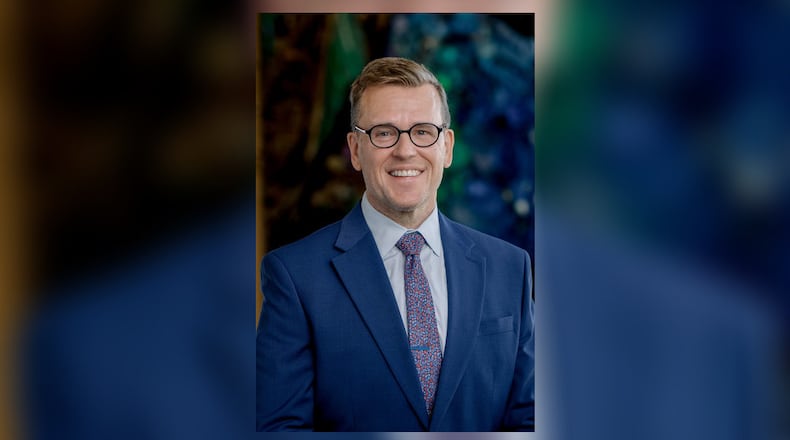Attempts at banning books is at a record level and is now the widest form of censorship in our country. The majority of censorship requests come from highly organized and well-funded groups and politicians and were related to books written by or about the LGBTQ+ community, Indigenous and people of color. Removing these books will continue to marginalize the voices of under-represented communities. According to the American Library Association’s Office for Intellectual Freedom, 4,240 unique book titles were targeted for censorship, as well as 1,247 demands to ban or restrict library books, materials, and resources in 2023. Last year the number of titles targeted for censorship at public library increased by 92%. It’s not hard to imagine that there will be a lasting impact on literary history as a result of this surge in censoring, banning and burning of books.
It is imperative for libraries to spearhead the fight against censorship by continuing to provide a robust and diverse collection of materials. It’s important for people to see themselves in the stories in our 17 branches. Why? We deserve access to books for ourselves, our families and our communities. Reading books outside of our own personal experiences helps us understand diversity and strengthen our own empathy.
MORE ON THE TOPIC
• VOICES: Obscenity has no place in our schools: The Case for House Bill 556
• VOICES: House Bill 556 would silence, punish educators for doing their jobs
How are libraries fighting against book banning? In 2022 the Chicago Public Library declared all of their libraries as the first Book Sanctuaries, providing digital and physical safe havens for endangered books. DML joined the movement in June 2023 by becoming a Book Sanctuary and formally aligning both our values and actions with 2,400 Book Sanctuaries in the United States. What does this mean? We will continue to collect and protect endangered books, making them accessible and not banning them. We support patron diversity, backgrounds, beliefs, and interests by holding programs and book clubs to generate conversations on subject matters that have varied themes and characters. And we will continue educating people on the history and impact of book banning and censorship.
Dayton Metro Library has and always will protect and promote the right to have access to materials protected by the First Amendment. Our collection is available to everyone and parents have the right to guide their children’s reading. We encourage conversations between parents and their children about reading choices and each family has the right to make their own decisions as to their children can and cannot read.
While the fight for the freedom to read has being going on for centuries, it has intensified in recent years. Dayton Metro Library stands firm in our mission to preserve the freedom to read and will continue to curate a collection that meets the needs of everyone in our community.
Jeffrey Trzeciak is the Executive Director of the Dayton Metro Library.
Editor’s Note: An incorrect version of this column was initially published. It has since been corrected.
About the Author
